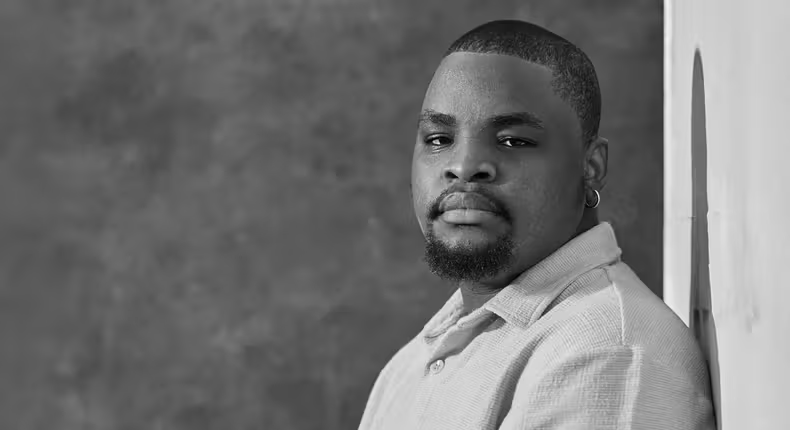Physical Address
4 Elgon Terrace, Kololo, Kampala, Uganda
Physical Address
4 Elgon Terrace, Kololo, Kampala, Uganda

In Africa’s rapidly evolving startup ecosystem, Nnaemeka Clinton, popularly known as the Brand Doctor of Africa, has become a symbol of possibility — a bridge between ambition and access. A global business leader, serial entrepreneur, and ecosystem architect, Clinton’s mission extends far beyond building businesses. He is building infrastructure for opportunity — ensuring that innovation on the continent is no longer limited by geography, privilege, or proximity to power.
For Clinton, entrepreneurship was never merely about profit or prestige. It was about creating environments where people, ideas, and resources converge naturally to birth progress. “I noticed early on that it wasn’t enough to build one successful startup,” he says. “True change happens when you create platforms where ideas, people, and capital can meet, grow, and multiply.”
That philosophy gave rise to Spark Africa, a pan-African innovation network that connects startups with investors, mentors, and corporate partners. Through initiatives like Spark, ASF (African Startup Foundation), and ATE (Africa Tech Expo), Clinton is laying down what he calls “the infrastructure of access.” His goal: to democratize opportunity so that the next great African founder isn’t defined by who they know but by what they can build.
“At the core of my work,” Clinton explains, “is fairness — the idea that every entrepreneur deserves to be discovered for their brilliance, not their background. Africa’s potential is not hidden; it’s just underserved. My role is to make that potential visible.”
This mission is unfolding at a pivotal moment. Africa’s tech ecosystem has never been more dynamic — with startups across fintech, healthtech, and edtech attracting global investors. In 2022 alone, the continent secured over $3.5 billion in venture funding, with countries like Nigeria, Kenya, and South Africa leading the charge. Yet, despite this progress, many early-stage founders still face systemic barriers that prevent them from scaling beyond their first round of funding.
Clinton believes this challenge runs deeper than money. “It’s not just a capital problem,” he says. “It’s a structure and mindset problem. You can pour billions into startups, but if the systems that support them — mentorship, governance, collaboration — are weak, they won’t sustain growth.”
To solve that, Spark Africa and its sister programs are designing pipelines that combine training, funding, visibility, and strategic partnerships. The goal is to create a self-sustaining network where African startups don’t just raise funds but thrive and scale globally.
Clinton’s vision of Africa’s future is bold but practical — a continent where entrepreneurship becomes a culture, not just a career path. “Innovation must be a community affair,” he says. “When we empower one founder, we unlock value for an entire community. And when we connect those communities, we build an Africa that can compete, collaborate, and lead globally.”
As Africa stands on the edge of a new digital dawn, voices like Nnaemeka Clinton’s remind the world that the future of innovation is not only African — it’s inclusive, interconnected, and unstoppable.